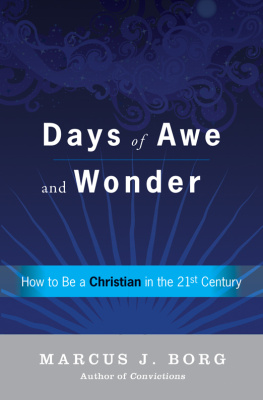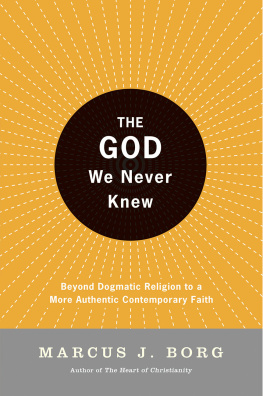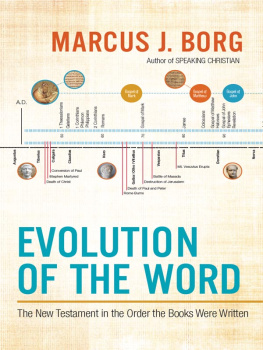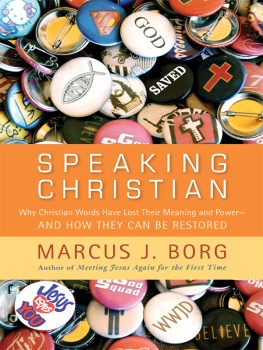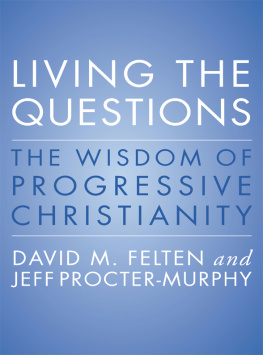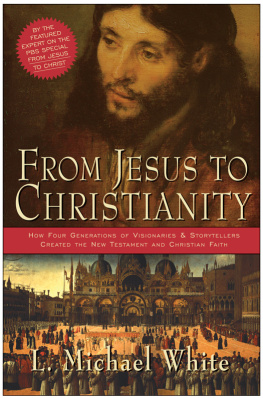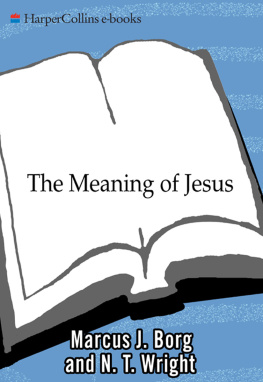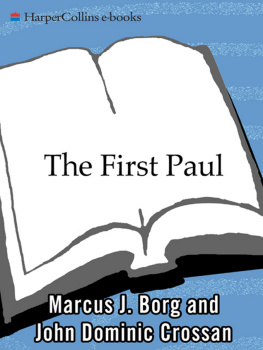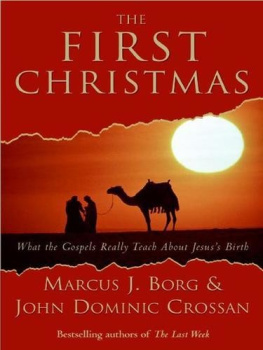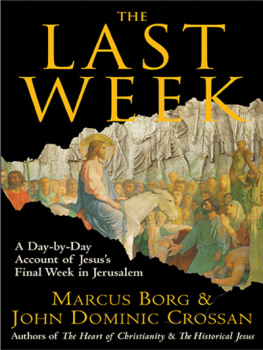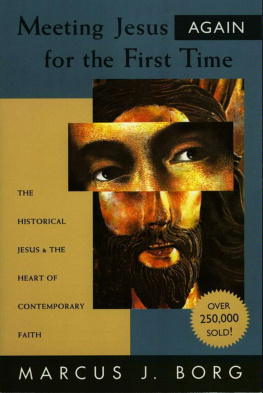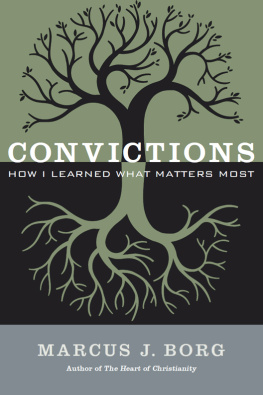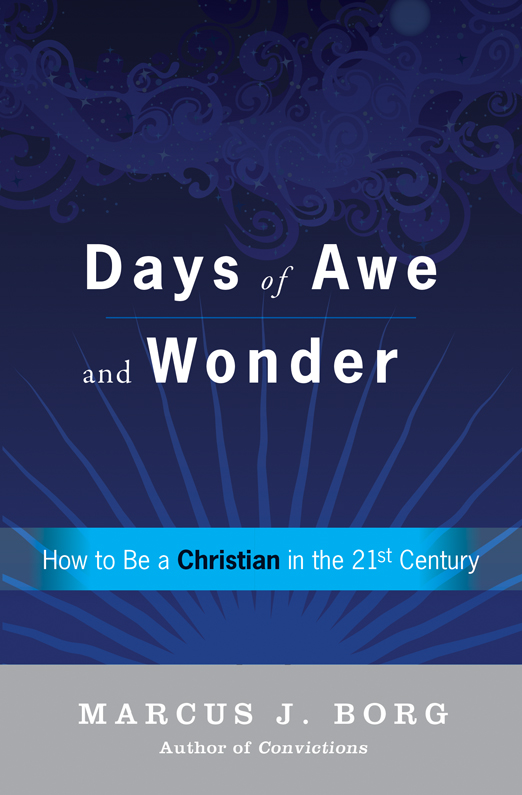F or as long as there have been Christians, there has been considerable debate about what it means to be a Christian. From the authority of the Bible and the believability of its stories, to the meaning of Jesus, to what difference Christianity really makes, essential Christian ideas have evolved and been interpreted in various ways.
Yet the twenty-first century has seen even more dramatic change for Christianity. Old assumptions about and images of God no longer hold. Christianity is no longer considered essential for salvation. It no longer provides an unambiguous moral compass. And the United States, a Christian country, is now the most religiously diverse country in the world. As W. B. Yeats wrote in Second Coming, we are in a post-Christian era; and what rough beast, its hour come round at last, slouches towards Bethlehem to be born.
So just how important is Christianity to the twenty-first century? What does it mean to follow Jesus across terrain that is both trampled and uncharted? Does being Christian really matter anymore?
I suggest the angst among many Christians and the increasing number of nones on the religious affiliation line is good news. And it couldnt come at a more opportune time.
As poet Yehuda Amichai writes:
From the place where we are right
flowers will never grow
in the spring.
The place where we are right
is hard and trampled
like a yard,
but doubts and loves
dig up the world
like a mole, a plow.
Our doubts and loves are shaking our foundations, readying the ground for new life. Christianity is being born again.
Marcus Borgs journey reveals the fruit and labor of doubts and loves. In this collection of thoughts and ideas taken from a diversity of sources, from his dissertation written at age twenty-seven to his final book written at age seventy, you will find a companion for your doubts and loves. And you may just discover what it means to be a Christian in the twenty-first century.
A quick word about Marcus. Marcus was asked to preach on a Sunday morning as part of a lecture weekend. A childrens sermon preceding Marcuss featured two darling dog puppets. To introduce Marcus to their young audience, one puppet exclaimed how excited he was to hear him speak. The other dog puppet paused and then shyly asked, Who is Marcus Borg?
Some of you know of Marcus Borg. Others of you are like the pup. Who is Marcus Borg? He is arguably one of the clearest, most accessible, insightful Jesus scholars and voices for Christianity in this century. He addressed many of our current questions and helped us fall in love with Christianity again, as if for the first time.
This volume is an opportunity to meet Marcus. For some, it will be a chance to read Marcus again as if for the first time, and for others it will truly be for the first time.
I want to identify a few themes that await you in this book. The purpose of a book, suggests Thomas Merton, is to teach you how to think and not to do your thinking for you.... As soon as any thought stimulates your mind or your heart, you can put the book down, because your meditation has begun. And, may I add, then pick this book up again. May it stimulate your mind and your heart.
First, there is a more. Given all of lifes ambiguities and the reality of impermanence and suffering, our existence is remarkable, wondrous. It evokes awe and amazement. We need to pay attention. Really pay attention. Lest we become blind to the awe and wonder that fills our days.
Second, Jesus is significant. Then and now. Because he is one of us. He is the embodiment of human possibility. He shows us our capacity for knowing God, our capacity for courage, loving-kindness, and doing justice. This is hopeful.
Third, context matters. The first-century world was fraught with economic injustices, oppressive social and political structures, and claims of monopoly on God. Jesus was deeply affected and concerned about the sufferings and inequities of his day. So much so that he dedicated his entire life to the welfare of others. Jesus was equally concerned that we come to realize the nature of and the Reality that is God. In us. For us. Beyond us. Our lives depend upon it. How are we to respond to the complexities of the context of our lives? What is real? How, then, shall we live?
Fourth, there is a way of life that is sustainable. In brief, it is the way of compassion. Compassion is at the heart of all the great religious traditions. Each tradition is like a prism or a lens that gives us a distinctive perspective. We see only in part. Together we can find the way. The lens of Christianity, clarified and refracted in the work of these pages, is a way of seeing that commands compassion, love of this wondrous life and all humanity, of all things seen and unseen, and the unceasing work for peace and justice. Jesus has been described as the face of God turned toward us. We see not only God in his life and even death; we see ourselves. We are given disclosures of the way. A lot to ponder.
Every age should think of itself as the axial age, the pivotal time. Ours is no exception. We have unprecedented realms of knowledge and information at our disposal, medical advances, scientific discoveries, including the ubiquitous neutrino, the superhero of the subatomic particle world that prefers matter over antimatter. This is hopeful. Ours is a time of awe and wonder of a magnitude not known before.
A cautionary note: we also have an unprecedented capacity for self-destruction, not only of humanity, but also of the planet. The stakes have never been higher. What we do now matters.
And here I return to Christianity. Why be a Christian in the twenty-first century? Because it gives us a vision. And a hope. And a way. The language of the New Testament talks about the kingdom of God. Which is here, now. Which is what this world would be like if God was king and Caesar was not. The vision of Christianity for a just, sane, nonviolent world is not utopian. It is within our capacity. And such capacity requires that we take up the crucible of transformation. Transformation, individually and collectively, is the key ingredient for liberation. Without our participation in transformation and embodying lives of compassion, the kingdom of God will not come. It is up to us, and we are not alone.
This volume will explore these themes and others. May the discoveries here give us hope, like flowers in the spring that emerge from a season that looks to some like death. Marcus Borgs doubts and loves plowed ground. His life and work led him to rediscover the heart of Christianity. For himself, and for us. With new eyes and, yes, a new heart, being Christian in the twenty-first century can make the world a better place.
As a benediction, I close with this passage from the Jewish Sabbath Prayer Book:
Days pass, and the years vanish, and we walk sightless among miracles. Fill our eyes with seeing and our minds with knowing. Let there be moments when your Presence, like lightning, illumines the darkness in which we walk. Help us to see, wherever we gaze, that the bush burns, unconsumed. And we, clay touched by God, will reach out for holiness and exclaim in wonder, How filled with awe is this place...
Marianne Borg
The Transfiguration
The Last Sunday in

